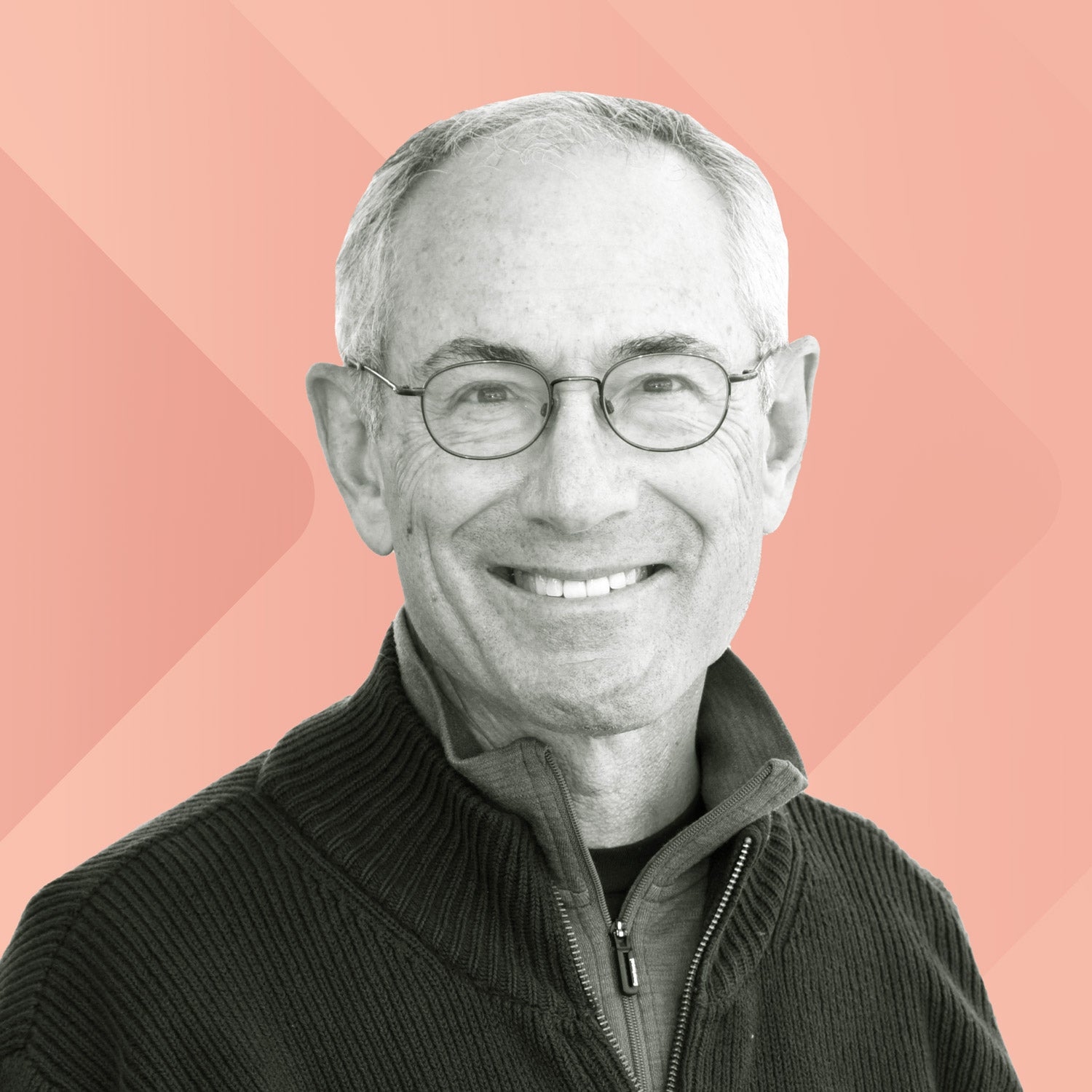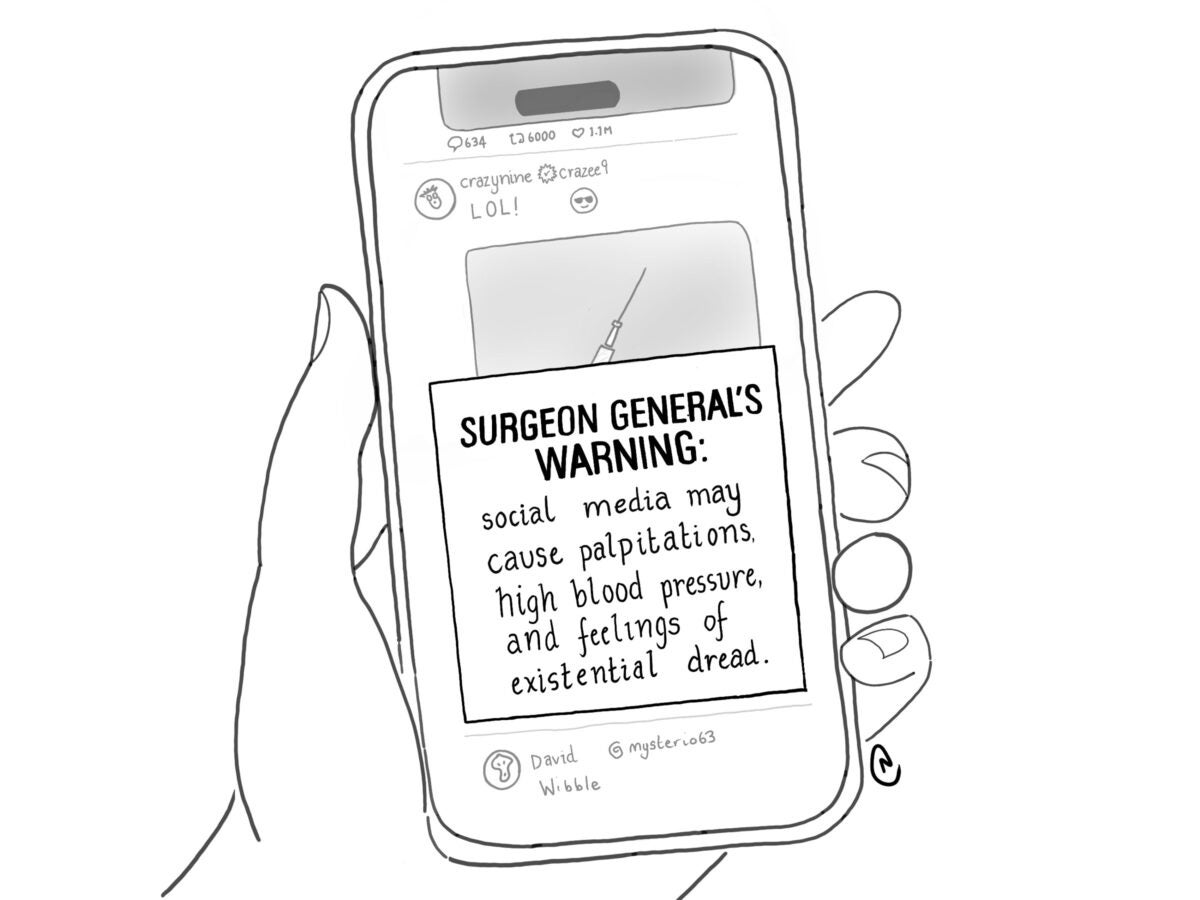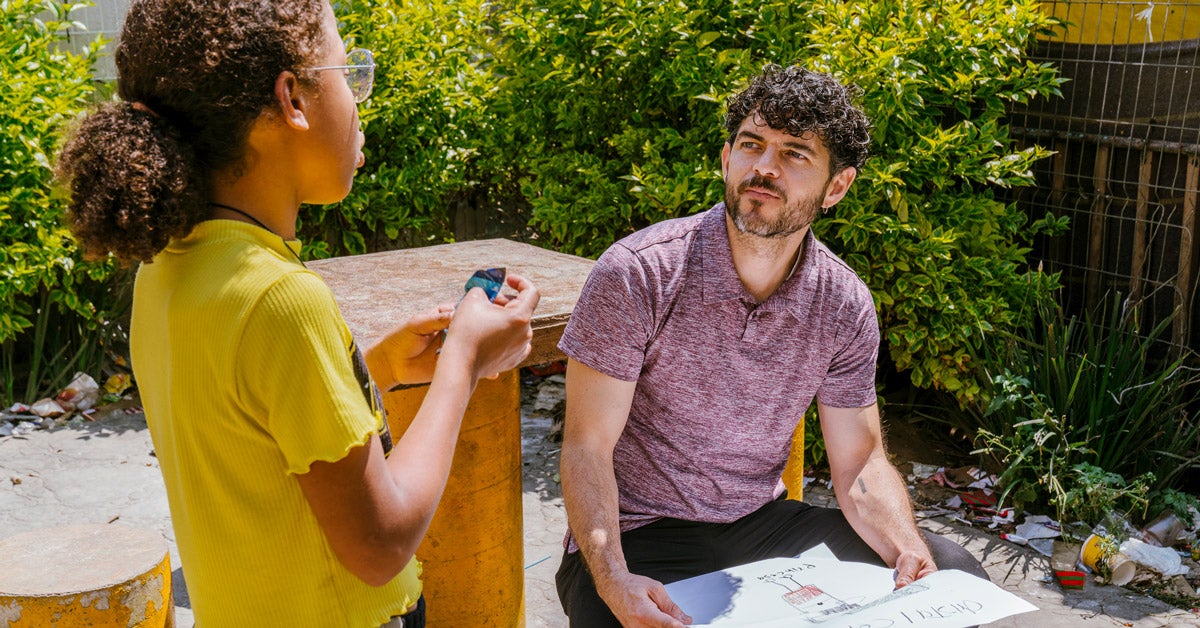People
Hope for a better mental health system
This interview is part of Public Health in Action, a new series from Harvard Public Health and The Studio that examines mental health programs across the U.S. that produce results.
Tom Insel, a psychiatrist, neuroscientist, and entrepreneur, is a former director of the National Institute of Mental Health. Among the startups he has founded is MindSite News, a nonprofit journalism organization the U.S. mental health care system. He spoke with Christina Roache, director of Studio programming.
Harvard Public Health: What are the telltale signs that our current mental health system is broken?

Insel: I’m not convinced we have a system at all. The signs of failure are everywhere.
Look at the way care gets delivered through emergency rooms on a crisis basis, or through jails and prisons because a large number of people with serious mental illness and substance use disorder are incarcerated. There’s a high rate of untreated mental illness among people who are homeless. And look at the number of youth with enormous needs who are not getting care.
Mental health care is very fragmented. If you’re seeking care for yourself or a loved one, you’ll certainly have that sense of, “How do I navigate this? How do I even get in? Where’s the front door? Where’s the back door?” Most estimates say roughly half or less than half of people who would benefit from care are getting it. And only a small fraction of them are getting optimal care.
Keep up with the series
HPH: What key principles should guide systemic reform?
Insel: When you look at what happens to people with particularly serious mental illness, you begin to realize that they need something more than just traditional medical care.
They need a focus on recovery, ensuring they get what I call “the three Ps”—people, place, and purpose. They need the kind of community-based care that ensures they have social support, the kind of housing that allows them to flourish, and either job support or some kind of a mission that gives them a reason to recover. Those three Ps are not provided by most clinics or hospital emergency rooms.
HPH: Where are you seeing innovation?
Insel: Digital innovations will probably transform mental health care more than any other part of medicine.
We have modern tools for collecting speech or analyzing voice and face emotion and wearables that measure sleep, activity, and social connection. Artificial intelligence, machine learning, and natural language processing will help us detect and diagnose mental illness with more precision. We’ll have objective measures in a field that has pretty consistently been subjective.
Providing human-delivered care through digital platforms has democratized care already. It has made psychotherapy, and even access to medication, far more convenient. We’re on a path to completely transform the diagnostic and delivery features of mental health care.
HPH: What gives you hope?
Insel: I’m very hopeful. Some of it has to do with the new 988 suicide and crisis lifeline, the increase in awareness, and the fact that more people are seeking care. And there’s the development of a new national network called the Certified Community Behavioral Health Clinics. The federal government is funding it with $8.5 billion to address whole-person care at a scale that has not been possible before. I hope we’ll actually be able to improve outcomes for a group of people that largely haven’t gotten the kind of whole-person care they need. I’m exceedingly optimistic.


